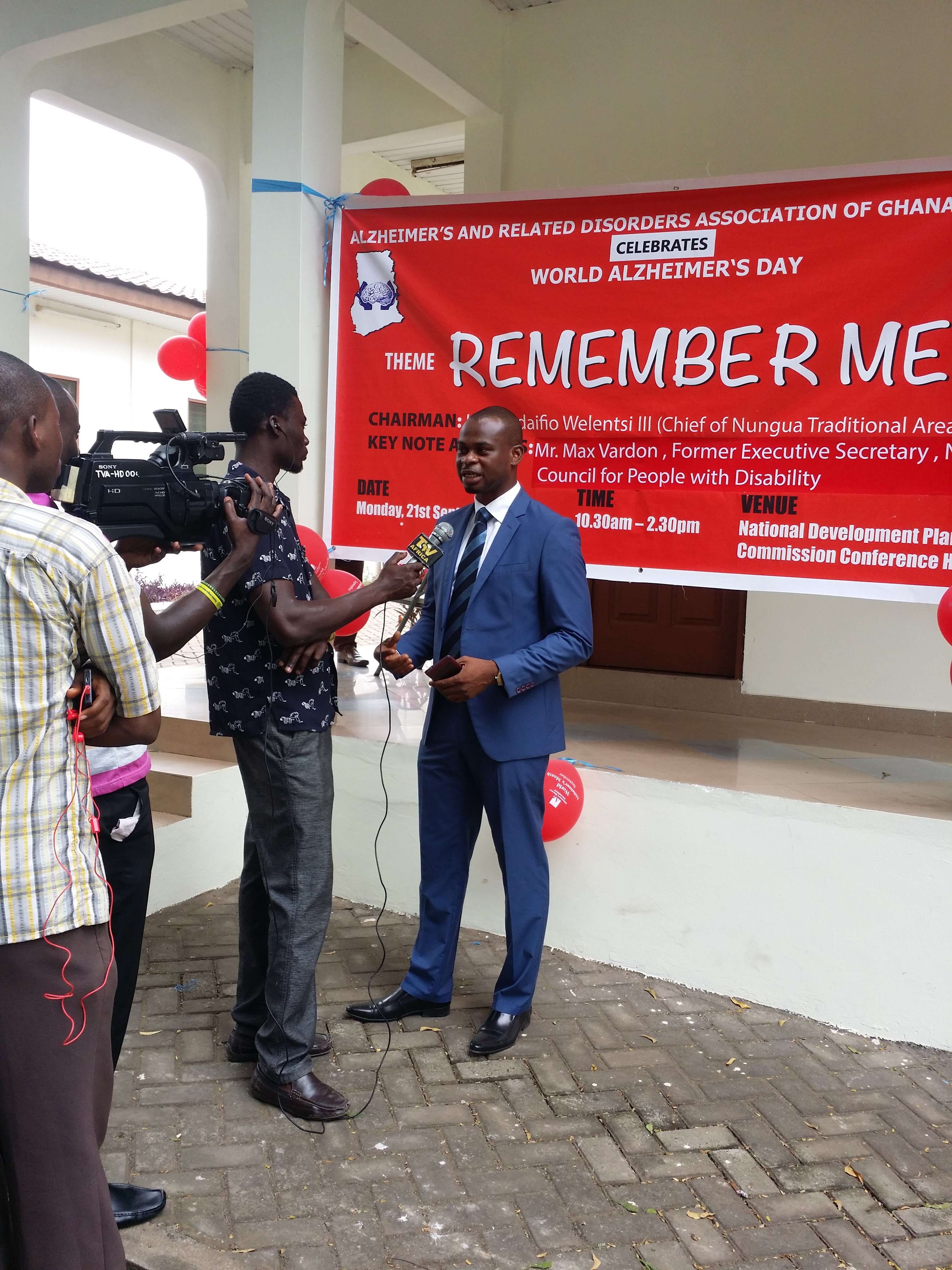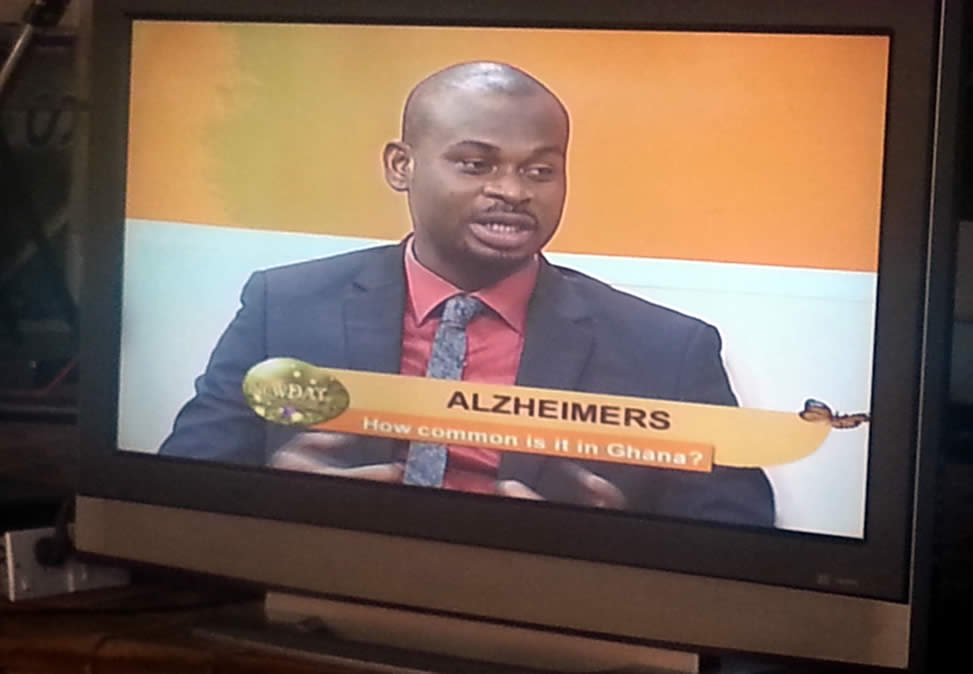News Release
Dementia healthcare must adapt to tackle global dementia crisis
The report will be launched in London, and co-launched during the ADI African Regional Conference in Ibadan, Nigeria on World Alzheimer’s Day.
The full report is available at: www.alz.co.uk/worldreport2016
World Alzheimer Report 2016 calls for global transformation in healthcare for people with dementia
Most people with dementia have yet to receive a diagnosis, let alone treatment and care
- Balancing tasks between primary and specialist care could increase capacity and reduce costs
- Clear, evidence-based dementia care pathways should be established in all health systems, and monitored for progress towards universal coverage
- Lack of research on the effectiveness of key components of dementia healthcare is striking, and should be considered an urgent priority
A new report from Alzheimer’s Disease International, authored by researchers at King’s College London and the London School of Economics and Political Science (LSE), reveals that most people with dementia have yet to receive a diagnosis, let alone comprehensive and continuing healthcare.
The World Alzheimer Report 2016: Improving healthcare for people living with dementia, calls for concerted action to increase the coverage of healthcare for people with dementia worldwide.
Dementia affects 47 million people worldwide and this number will treble by 2050. Currently, only around half of those in high income countries, and one in ten or less in low and middle income countries have received a diagnosis. Expanding coverage of services for increasing numbers of people with dementia can only be achieved – and a crisis averted – by boosting capacity, and the efficiency with which care is delivered.
The report highlights that dementia care being provided mainly by specialist doctors is a key barrier to progress. Greater involvement of non-specialist primary care staff can unlock capacity to meet increasing demand for dementia care, and could make the cost of care per person up to 40% cheaper. Primary care services will need to be strengthened and supported to take on this role, through specialists providing guidance and support. Affordability of new treatments is critical to ensuring equity and social justice for the two-thirds of people with dementia living in low-resourced countries.
Clear ‘care pathways’ would define roles and responsibilities within the care system, and establish standards to be monitored and met. Care pathways, a structured and organised approach to the coordination, resourcing and delivery of continuing care, are now a common component of chronic disease care for other conditions including diabetes, hypertension, and cancer care. Case management supports coordination and integration of care, and can help ensure that services are both person-centred and efficient.
Increased coverage of comprehensive healthcare services is affordable, amounting to approximately 0.5% of total healthcare expenditure by 2030. However, political will is required to establish the necessary changes.
The report calls for a radical change in the way healthcare is delivered to people living with dementia, with a rebalancing toward non-specialist primary care, and planned and coordinated inputs from all levels of the health and social care sectors. It emphasises that care must be holistic, continuous and integrated, with a focus on quality of life for people living with dementia and their carers, and explicit monitoring of processes and outcomes.
More research is needed into; the cost-effectiveness of case management; the potential for unnecessary hospital admissions to be averted or abbreviated, and the outcomes of hospital admission to be improved; the benefits and harms of advanced care planning, and a palliative care approach; and trials to establish which elements of care can be safely transferred to non-specialist services.
Glenn Rees, Chair of ADI, said, “The goal of both improving rates of diagnosis and making the global health system more efficient was critically important to the report, including a clear recommendation that we monitor the outcomes of dementia care so that people with dementia and their care partners can be better informed about the quality of care available.”
Professor Martin Prince, lead author, from King’s College London, said: “This landmark report highlights the need to redesign and repurpose dementia care services for the challenges of the 21st Century. We have just 10-15 years to get this right, planning and implementing a realistic and robust platform for delivering dementia healthcare for all, in advance of any new and more effective treatments becoming available.”
The report is released ahead of World Alzheimer’s Day, the focal point of the global World Alzheimer’s Month campaign led by Alzheimer associations around the world to increase awareness of dementia. The report includes an analysis of existing care models in Canada, China, Indonesia, Mexico, South Africa, South Korea and Switzerland. A ‘Zero Draft’ Global Action Plan on Dementia is currently being developed by the World Health Organisation in response to advocacy by ADI and others to address the growing issue of dementia globally.
The World Alzheimer Report 2016 was researched and written by the Global Observatory for Ageing and Dementia Care at King’s College London in collaboration with the Personal Social Services Research Unit at the London School of Economics and Political Sciences (LSE).












